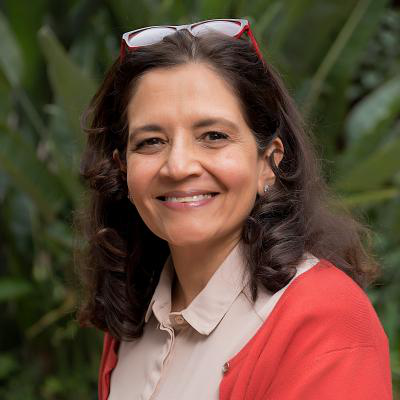Description
Millions of hectares have been pledged by governments, corporates and NGOs for tree-planting and restoration, mainly to sequester carbon. These efforts primarily plant exotic monocultures, which damage native biodiversity and ecosystem services and frequently fail.
Through this project, we develop a site-based Global Biodiversity Standard certification, which will provide assurances to investors, build local capacity to assess impacts on biodiversity, and mentor practitioners on planting the right trees in the right places for better biodiversity, carbon and livelihood outcomes.
Our Theory of Change addresses the problem that there are currently few incentives to incorporate positive impacts on biodiversity into tree-planting/forest restoration programmes. This is because, unlike carbon and forest commodities, biodiversity benefits are not monetized. Existing incentives include linking biodiversity benefits to SDG15, for example, thereby leveraging a premium carbon price.
Furthermore, causing damage to biodiversity is a business risk for companies off-setting carbon or trading forest products. However, the lack of an authoritative, credible global standard and certification for biodiversity means (a) that financiers, policymakers and practitioners have no benchmark to aim for, nor a mechanism for recognition of their efforts, (b) biodiversity is not factored into costings, resulting in the cheapest, most readily available trees being planted regardless of their suitability.
Our Theory of Change is that IF we create a Global Biodiversity Standard benchmark and certification that is authoritative, objective, accessible, credible and comparable worldwide; and IF the certification effectively provides assurance against the risk of damage to biodiversity and recognition of positive impacts on biodiversity that can be built into natural capital accounting systems, THEN policymakers, financiers and practitioners of tree-planting/forest restoration will design their projects to ensure positive biodiversity outcomes. THEN this, in turn, will create a market for positive biodiversity outcomes and biodiversity-related value chains, creating a virtuous cycle.
A further impediment to net positive biodiversity impacts is lack of knowledge, data and expertise when it comes to incorporating native tree species into planting and which tree to plant where. Therefore IF the proposed GBS and SER CERP accreditation also serves as a mentoring mechanism for the provision of training and guidance to ensure better biodiversity, carbon and livelihood outcomes, THEN forest restoration practitioners will be able to achieve better outcomes AND this will result in greater resilience and sustainability in tree systems.




















